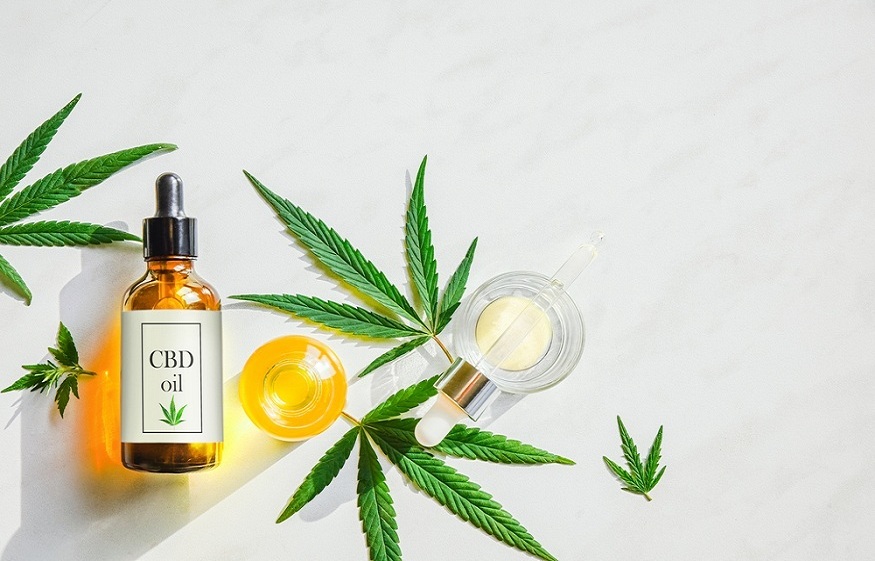
Among the many criticisms of the legal CBD industry is its lack of federal regulation. CBD is legal across the country as a health supplement and wellness product. Unfortunately, a lack of industry standards makes product labeling a free for all. This is one of the reasons some are now calling for standardization.
Food manufacturers need to be very explicit with their labeling. So do manufacturers of over-the-counter medications. Even health supplements need to be labeled appropriately. Given that CBD products are used in ways that are similar to food, medication, and health supplements, doesn’t it make sense that they should be labeled according to some type of standard as well?
Concerns Over Ingredients
Labeling standards in other industries exist for a variety of reasons, beginning with concerns over product ingredients. Simply put, consumers deserve to know what it is they are buying. They should be able to look at a label and clearly understand a product’s ingredients. If they are concerned about a particular ingredient, a label should tell them whether that ingredient is included.
As things currently stand in the CBD market, labels do not necessarily reflect ingredients accurately. A label could misrepresent a formula by not including key ingredients. It could also misrepresent by not reporting all the ingredients in their correct volumes.
To be fair, incorrect labels could be just a matter of formula inconsistency. It could be a matter of carelessness. But what if some manufacturers are purposely leaving key facts off their labels? For instance, what if a manufacturer purposely fails to report that its product contains Delta-8 THC? That is a big deal to a lot of people.
Production Process Concerns
Another area of concern has to do with production processes. For example, creating a CBD tincture requires extracting the cannabinoid from hemp plant material. CedarStoneIndustry, a Houston company that designs and builds extraction equipment, says there are multiple ways to do it. Ethanol hemp extraction is one of the more popular choices among processors.
Extracting CBD with ethanol involves steeping plant material in it. The ethanol acts as a solvent that gradually dissolves plant material but leaves cannabinoids, terpenes, and fats intact. The resulting material is known as crude oil. It can be sold as-is or further processed to create a variety of retail products.
The thing about ethanol hemp extraction is that it leaves trace amounts of ethanol behind. Even if the amount is considered minimal, there are those CBD users who want no part of ethanol. The problem is that they do not have a way of knowing how a particular processor extracts CBD.
Including Both on Labels
There is a growing call within the CBD community for manufacturers to start including both accurate ingredients and processing methods on their labels. Consumers want to know exactly what they are using. The want to know if their CBD products are derived from cannabinoids extracted with chemical solvents to which they are averse.
This ultimately leads to the obvious question of whether the government should step in and force labeling standards on the industry. It is a tricky question. Keeping the government at arm’s length has allowed the CBD industry to thrive. The minute they start regulating, they start putting their hands into things they should probably leave alone.
Accurate labeling is a good idea for CBD products. In a perfect world, processors and manufacturers would voluntarily practice accurate labeling. The fact that so many do not proves that the world is not perfect. So where do we go from here? Does the industry need a bit of regulation?






